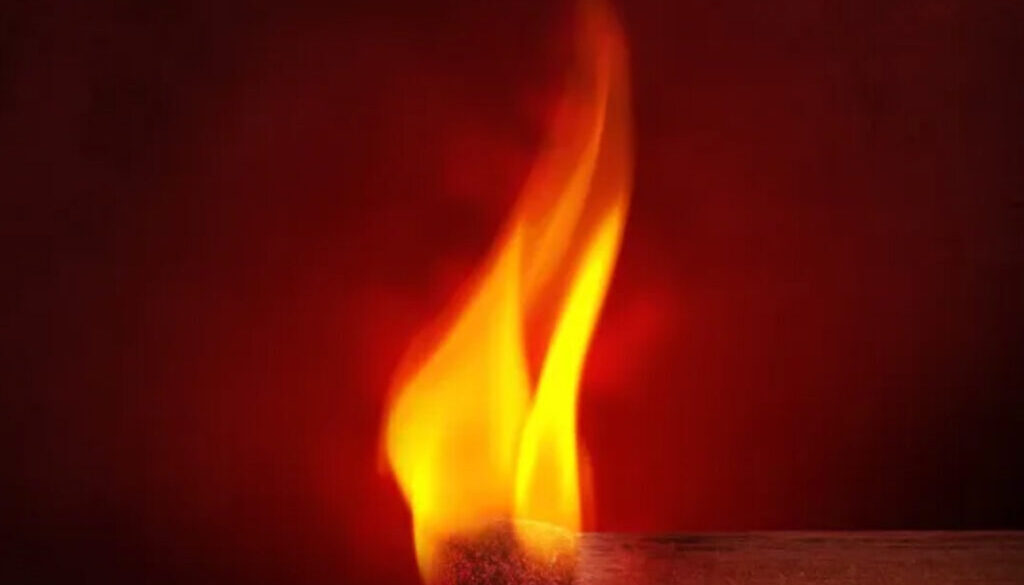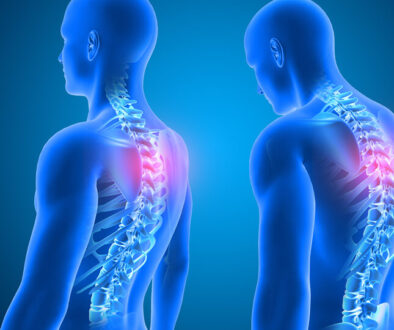6 Hormones that Burn Fat
The Holy Grail of weight loss seems to be how to “burn” the fat. Fat is not actually “burned” in the body but is broken down and converted from a stored or potential source of energy into an accessible form of energy.
We think of hard, heavy, hot exercise as a way of “burning the fat.” It’s not the exercise that directly causes fat-burning, but hormones. The exercise is simply the trigger for some of the fat-burning hormones. There are six fat-burning hormones:
Growth Hormone (GH)
This hormone is made by a gland in your brain called the pituitary. Once made, it travels down to the liver where it does its thing. This is a fat-burning, lean-muscle-building hormone. One of its key functions is building up cartilage and collagen. GH is also an anti-aging hormone. It helps to rebuild the body as it is broken down through the process of time and use.
GH regulates fuel between meals and is active as well during the early part of sleep, usually spiking between midnight and 4 AM. Much of the body’s repair work is done while we sleep. Poor sleep will negatively impact the GH function in the body allowing us to age and wear out more quickly. Poor liver function also affects GH function. It is stimulated by protein and intense exercise (but not light exercise).
Insulin-like Growth Factor (IGF)
This hormone is made by the liver and is triggered by GH. Its basic function is to give the body fuel in-between meals. (This understanding is important when designing a diet for the Liver Body Type.) IGF does this through releasing stored sugar and fat; thus it is a fat-burning hormone. Insulin, a fat-storing hormone, functions to give the body fuel right after meals and IGF does it in-between meals.
The liver has over 500 functions in the body. A big one is detoxification. Because of the toxic environment that we live in the liver is often over-worked or even damaged. When the liver is damaged or backlogged, this effectiveness of this hormone decreases, putting added stress on the pancreas to supply fuel through more insulin.
Glucagon
This is the opposing hormone to insulin. It raises blood sugar by tapping into the fat reserves and is therefore called a fat-burning hormone. Glucagon helps control blood sugar between meals and is stimulated by dietary protein and intense exercise.
While stimulated by dietary protein, too much protein will blunt the fat-burning effect of this hormone.
Adrenaline
This is the main hormone that releases fat from the fat cells. It helps the body prepare for stressful situations. Many of us have experienced an adrenaline response when we were almost hit us while being cut-off in traffic. Other important functions dealing with stress handling are: increased mental alertness, increased heart rate, increased metabolic rate, increased blood pressure, etc. Adrenaline is triggered by exercise.
Thyroid Hormones (T3 and T4)
These hormones control the speed of your metabolism. Metabolism is the rate at which your body burns fuel. The thyroid hormones trigger a boost in metabolism by increasing the size and number of the cellular energy factories, called mitochondria. The faster the metabolism, the thinner the person is.
People with insufficient thyroid hormone secretion are often overweight. These hormones can be inhibited by cutting calories or skipping meals, poor digestion, excess estrogen, etc.
Testosterone
This fat-burning hormone not for men only. Testosterone assists in developing lean muscles, is involved in the sex drive and the development of male characteristics. If a female has elevated testosterone, she may grow excess facial hair, develop a deeper voice and sport male-pattern baldness. Testosterone is stimulated by exercise and countered by estrogen.
You Can Only Do One!
Watch out! Knowing about the fat-burning hormones is only part of the healthy weight loss equation. There are three hormones that store fat. In the presence of any of these three hormones, your efforts to trigger the six fat-burning hormones will be blocked.




